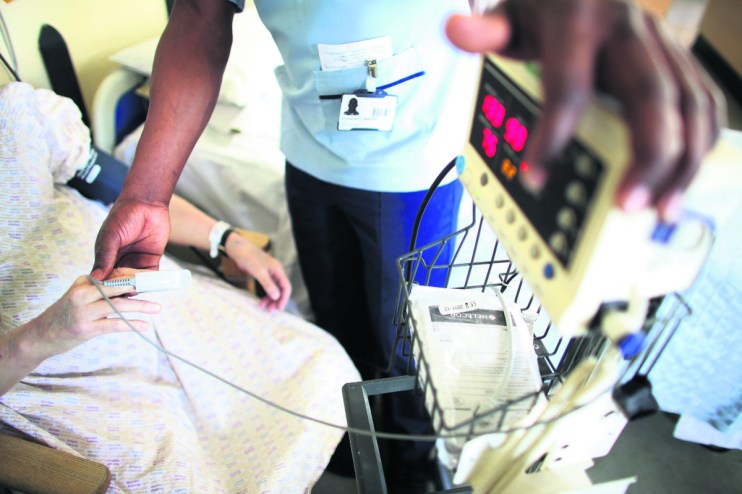Tuesday 02 September 2025 2:21 pm
Share
 Private health insurance admissions continue to surge
Private health insurance admissions continue to surge
The number of hospital admissions using private healthcare in the first quarter of the year has bounced back to its pre-pandemic peak.
The latest Private Healthcare Information Network (PHIN) data on private healthcare admissions published today revealed that the total number of admissions in the first quarter of 2025 was 241,000.
Despite the figure being down four per cent on the same period last year (244,000), Q1 2025 was the second-highest level of reported admissions for any quarter that PHIN has data for.
The number of those admitted with insurance reached 171,000, a joint record with the level touched in the same period last year. The figure was nearly 60 per cent higher than the 108,000 admissions recorded in the first three months of 2021.
Those opting for self-pay admissions decreased by four per cent from the same quarter in the previous year, from 73,000 to 70,000.
Brett Hill, head of health and protection at Broadstone, explained: “While self-pay appears to have plateaued, private medical insurance continues to drive growth as employers expand coverage and employees increasingly expect this benefit as standard.”
Private healthcare tax raid
This comes as City AM reported that City businesses have been increasingly offering private healthcare insurance as an employee benefit when trying to recruit new staff, as NHS waiting lists grow.
While the public healthcare system struggles, the government, via Health Secretary Wes Streeting, has been vocal about using the private health sector to ease pressure on the overcrowded NHS.
Read more
Labour’s Lord Kinnock: Slap VAT on private healthcare
Last month, Labour’s Lord Kinnock called on the government to start charging VAT on private healthcare providers to raise funds for the NHS.
He called on Rachel Reeves to apply similar VAT changes to private healthcare as she did with private schools for the upcoming Autumn Budget. Currently, there is a VAT exemption on private healthcare providers; however, Reeves is on the lookout for new taxes to plug a £50bn hole in the public finances.
Hill stated: “We would strongly warn the government against such a move. Private healthcare and company-funded benefits are playing a critical role in giving people faster access to care, easing pressure on the NHS and helping employees return to work sooner.”
He continued: “Increasing Insurance Premium Tax or introducing new levies on the private health market would be counterproductive – making cover less affordable, deterring take-up and ultimately pushing more patients back onto the NHS.”
Hill added that during a time when businesses are investing in ways to improve their workforce’s health, “government policy should be encouraging, not undermining, this vital complementary support.”
Speaking at the time, the Association of British Insurers (ABI) told City AM: “At a time when the government is looking to promote the role of health prevention and reduce economic inactivity, we would be concerned about the introduction of any measures that might create a barrier to health support.”
Read more
Boardroom Uncovered: Can Bupa and NHS save the UK healthcare sector?
Similarly tagged content:
Sections
Categories
People & Organisations
